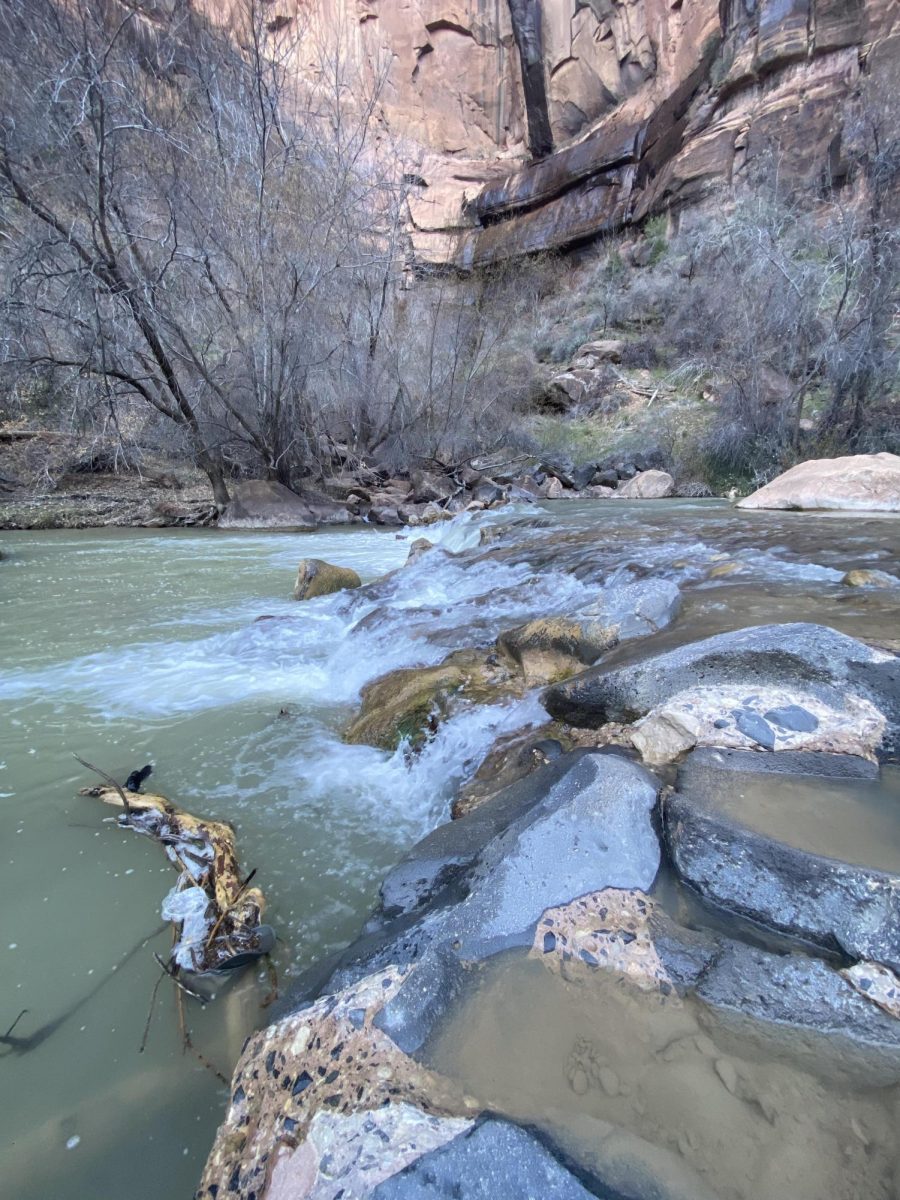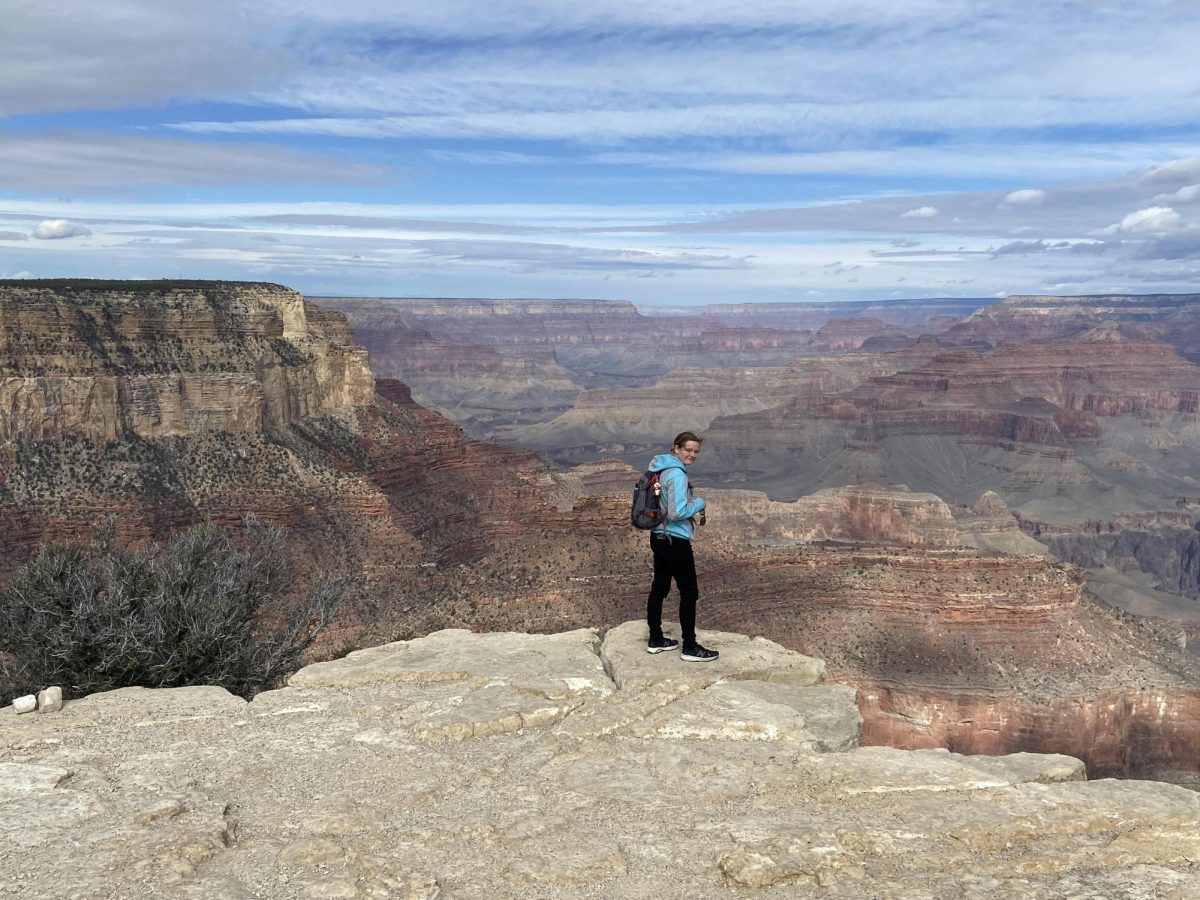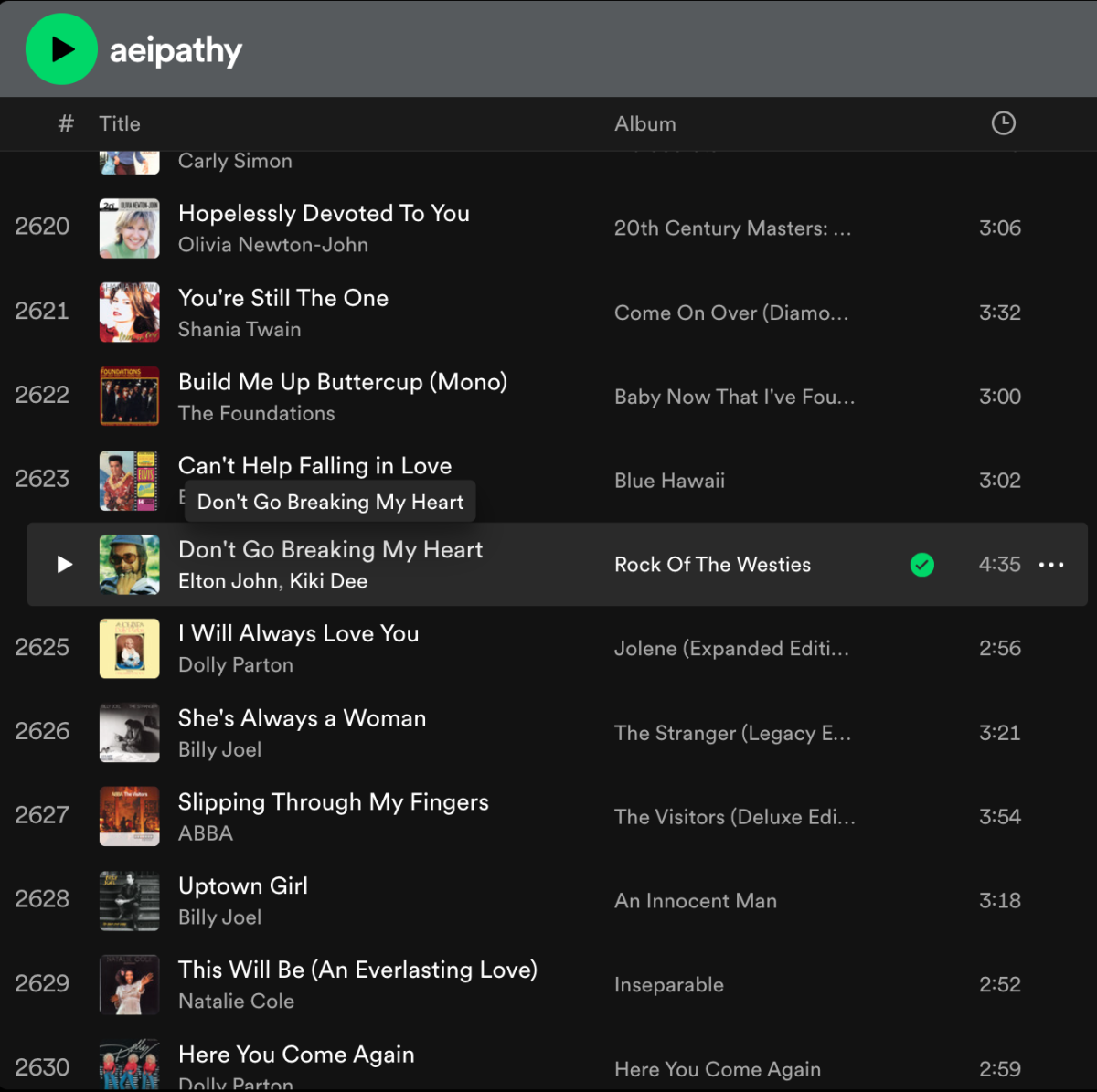Free Solo is a fascinating biopic of Alex Honnold’s unimaginable endeavor
Alex Honnold has committed his life to one of the most life-threatening activities imaginable: free-soloing.
In other terms, Alex Honnold is devoted to climbing mountains without any ropes, and in the National Geographic documentary Free Solo, he prepares to free-solo El Capitan, a 3,200-foot vertical mountain of sheer granite. It is something that has been attempted but never done successfully.
The film simultaneously exposes the process behind Honnold’s thrilling attempt and analyzes why a man committed his whole life to such a perilous undertaking. Directors Elizabeth Chai Vasarhelyi and Jimmy Chin superbly capture how Honnold’s tactics unfold and how his personal life has driven his passion. The dynamic of it all is both captivating and inspiring.
On the surface, the documentary illustrates the mechanics behind Honnold’s devotion to rock-climbing. Not long after graduating from high school, he moved to Yosemite National Park, where he lived in a van and continued to live it in for over a decade. In this way, Honnold sacrifices his entire life for his love for climbing.
It is explained that he has climbed and free-solo climbed in numerous places, but the documentary mainly focuses on Honnold’s obsession with reaching the top of El Capitan, which has been his goal since 2009. Every summer, he wants to take on the task, but he has always felt too intimidated by it to go along with the idea.
Over 30 people have died while attempting to climb this mountain, including some of his friends. However, Honnold finally sets his sights on attempting to free-solo El Capitan, despite the dangers. To prepare for it, he must first climb the mountain with ropes numerous times, meticulously planning every movement because making one mistake, no matter how minuscule, could cause him to fall and plummet to his death.
Watching Honnold free-soloing was thrilling, yet throughout the duration of the film, panic and fear ran through me whenever it occurred, almost as if I was standing on the edges of the mountain with him. Every time he began climbing, I wanted to look away in fear of Honnold falling, but my eyes refused to let go of the inconceivable sight in front of me. Multiple times throughout the documentary, I had to remind myself that it was real and not just another movie.
On the surface, the film is about Honnold’s athletic attempt; however, something that isn’t showcased in the trailer as boldly is how the story dives deeper, analyzing his life and character.
At times, the reason why he free-solos and risks his life is blatantly illustrated. By looking at patterns in his brain in an MRI and through conversations with his girlfriend, Sanni McCandless, it is clear that Honnold isn’t mentally stimulated by things most people are.
He needs something stronger to feel excitement and love; thus, he climbs mountains and free-solos. When he is climbing, even if it requires possibly facing death, it is when he feels most alive.
Honnold is different than most people, and the film makes that apparent. What truly caught my attention though were subtler scenes that Vasarhelyi and Chin slipped into the film. The documentary delves into his childhood, and Honnold explains that his mother frequently pushed him to be perfect and to “perform” rather than living to be happy. He also explains that love wasn’t often displayed in his home as a child.
By including his background, the film digs deeper into who Honnold truly is. His inability to understand human emotion is a common pattern throughout the film, and by including the short yet significant descriptions of his childhood, it suggests that his struggles with understanding emotion and determination for climbing most likely stem from when he was younger.
Knowing his background also heightened my empathy for him, giving the story an emotional depth that I wasn’t expecting. Although Honnold is one of the most accomplished free-soloists, he struggles with actions most people find normal, like showing affection towards people. He even admitted to not knowing how to properly hug another person until his early twenties.
Honnold’s analysis is thought-provoking and kept me engaged. It is a fascinating portrait of his character, consequently making it about more than just a man climbing a mountain.
Beautifully filmed by Chin and Vasarhelyi, the combination of Honnold’s climbing and the underlying examination of his past ultimately creates a gripping documentation of a man’s unwavering determination, one that is both fascinating and frightening to watch.
Free Solo undoubtedly gives justice to Honnold and his pursuit towards the epitome of his climbing career.

Amanda Bartolovic is a senior and is entering her second year on The Central Trend. She is excited to continue being on the staff and to write. Outside...

























































































